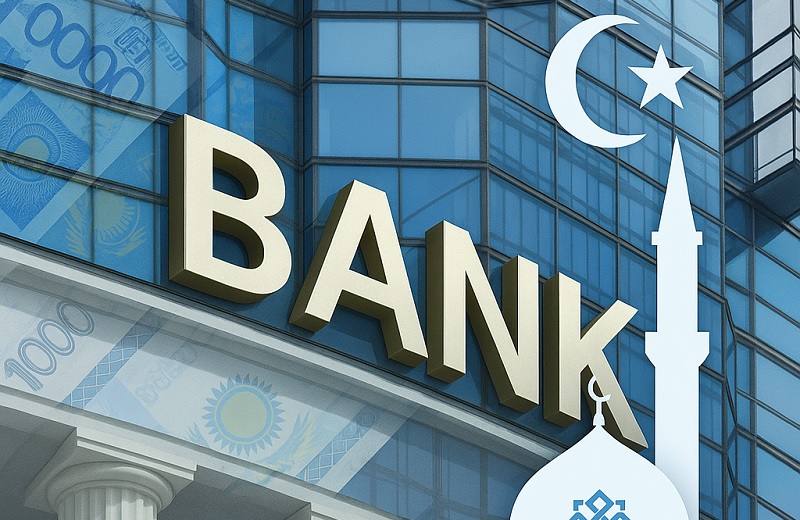Islamic banking is gaining global momentum, with more than 560 financial institutions operating under Shariah principles. By 2026, Islamic financial assets are projected to reach a staggering $5.9 trillion. But with rapid change in the financial sector, one question stands out: Is the technology keeping up?
To answer this, global fintech firm Mambu conducted a comprehensive survey of over 1,500 Muslim millennials and Gen Z consumers across six countries — Malaysia, Indonesia, the UAE, Saudi Arabia, the UK, and South Africa. The goal? To better understand what drives the new generation of Muslim banking customers and how financial institutions can meet their needs.
The Awareness Gap
Despite the growing market, a surprising 39% of Muslims surveyed said they didn’t even know Islamic banking was an option. In the UK and Saudi Arabia, 44% of respondents were unaware they could access financial services aligned with their faith — the highest among all regions surveyed. In fact, the UK was the only country where fewer than half of participants (just 35%) were familiar with the Islamic banking product range.
Accessibility is another challenge. Over a quarter (28%) of Muslims globally said Islamic banks weren’t easily accessible to them. One in four (25%) said they expected more from their financial providers, and nearly one in five (18%) didn’t fully trust their bank’s ability to be Shariah-compliant.
A Generation That Cares
The research found that Gen Z and millennial Muslims place a high value on ethics and faith-based finance. More than 86% said ethical investments are important, while 83% want their banks to ensure investments made with their money align with their religious beliefs — up from 74% in 2021.
Interestingly, 31% of Gen Z Muslims are already using a mix of traditional and Islamic banking, signaling a clear demand for hybrid solutions.
Industry Response Needed
According to Omar Paul, SVP of Product and Engineering at Mambu, the findings show both a challenge and an opportunity:
“We are seeing a growing opportunity for financial institutions to offer Shariah-compliant financial products to meet changing needs. Banks need to examine their portfolios and increase awareness of the options available to meet the rising demand for Islamic and ethical banking.”
Mambu’s latest report, Beliefs & Business: The Shape of Islamic Finance in 2024, underscores a critical message: Islamic banking isn’t just a niche — it’s a movement. And to truly serve this new generation of customers, banks must invest in both education and access.
This article is based on findings from Mambu’s 2024 global report on Islamic finance. Source: https://mambu.com/en/insights-hub/press/85-of-gen-z-muslims-want-to-try-islamic-banking-new-research-reveals















